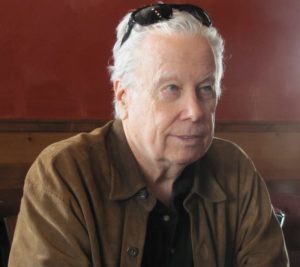 Reality Denied: Firsthand Experiences With Things that Can’t Happen—But Did
Reality Denied: Firsthand Experiences With Things that Can’t Happen—But Did
by Col. John B. Alexander, PhD
reviewed by Paul H. Smith, PhD
John Alexander’s books always give valuable insights into current affairs, with important emphasis on the facts and details ignored by conventional observers. His long association with what are often considered “fringe” fields gives him an expertise that places him above most writers who venture into such areas, no matter which side they are on. And Alexander is no knee-jerk, follow-the-crowd commentator. He is an objective observer who does not shy from taking unpopular positions, even in his own circle. His recent UFO book, while accepting the reality of the phenomenon, rejected the popular conspiracy meme that “the government is hiding covert knowledge of UFOs to purposely keep the public ignorant.” His arguments are well thought out and convincing and, predictably, have become the target of UFO popularizers who owe their fame (and incomes) to such conspiracy theories. But Alexander is equally willing to confront the nay-sayers. This new book, “Reality Denied,” is an overt challenge to the prevailing belief that science has a full understanding of the so-called “laws of nature,” and that based on that understanding none of the events, occurrences, phenomena, experiences, and so on described in this book can possibly happen. Yet they did (and do).

From out of body experiences to spoon bending to voodoo to shamanism to remote viewing to energy healing to near-death experiences and much, much more, Alexander explores all these. Other books have done similar things but this one has a difference. Alexander doesn’t just compile stories and research that he has gleaned from others. He reports things he has seen and experienced himself, personally. A life-long explorer, he has leveraged the skills learned in decades of military experience ranging from combat in Vietnam to consciousness research for the Pentagon, and his academic and civilian skills and experiences (which includes heading Los Alamos Laboratory’s non-lethal weapons program) to produce a book that, to say the least, debunks the debunkers. The semi-autobiographical bent to the narrative lends credence to his argumentation. This is not just a book about these kinds of phenomena. This is a book that is deeply informed by someone who has actually “been there.” Be prepared to change your mind.